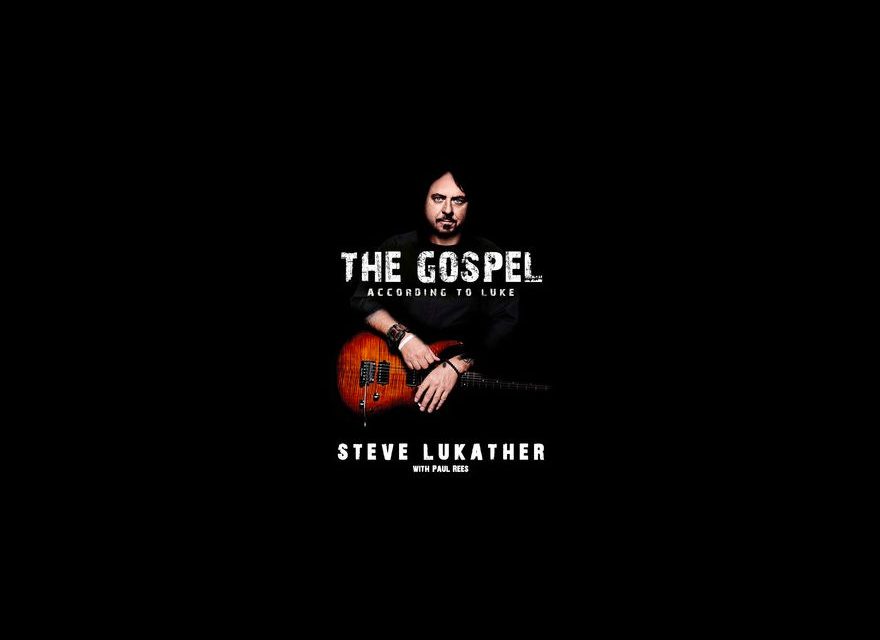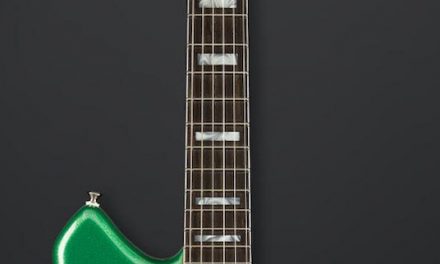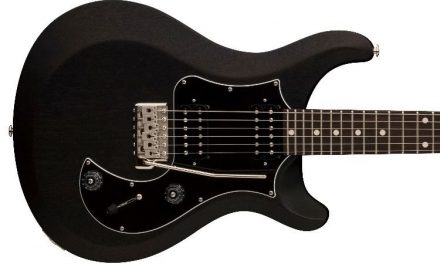If only my high school english teacher could see me now. Back in high school, I did a book review of “The Autobiography of Paul McCartney.” I got a decent grade, so a couple of my friends did a review of the book also.
There was no book “The Autobiography of Paul McCartney.”
Ahem. But there is a book called “The Gospel According to Luke” by Steve Lukather. If you don’t know who Steve Lukather is, go look him up. Aside from being the guitarist for Toto, he was a highly valued session guitarist who played with everyone from Alice Cooper to Michael Jackson. Let’s get to the review.
The Good
I enjoyed this book. There are some funny stories in it, and I won’t spoil them by putting them in here. Steve approached this book from the perspective of not wanting to throw anyone under the tour bus unless he really had to, and there are only two people he really tosses under. For a career of his magnitude, that’s pretty impressive, considering the hundreds of assholes he’s had to deal with.
Like most rock star books, it talks a bit about substance abuse and how it messes up your life, and the benefits of getting clean. Slash’s book is similar, but Slash did things far worse than Steve. Still, it does make for an interesting story, though it’s a common one – people get rich and famous and do drugs/booze to the extent that they mess up their lives. Usually, they either get clean or they get dead. Steve got clean.
But the book isn’t “mostly” about substance abuse – it’s more like a narrative of Steve’s life. An unpopular kid, bad at sports, turns to music and finds an escape. Sound familiar? I think a lot of people reading this site can relate. I know I can. I’d love to know why our country (the USA, for our foreign readers) puts sports over art, academics, and music. Especially football, where making it to the pro level means you’ll likely never live to see 65. I chalk it up to stupidity. But let’s get back to the book.
If you’re a fan of Steve Lukather, or you’re a Toto fan, buy the book. If you like rock star biographies, buy the book.
The Bad
Steve wrote the book with Paul Rees, a rock writer known for his book on Robert Plant and others. Here’s how this works: a real writer sits down with a rock star and an audio recorder and interviews them for countless hours, then turns that into a book. The rock star then goes through the book and changes words and phrases so it sounds more like themselves. Or at least that’s what Steve did. That’s not bad – that’s good. In an interview, Steve said the first version of the book didn’t sound like him – it sounded too stuffy and professional. So the tone of the book is Steve’s tone.
I would rather have this book done this way than not have the book at all. But the book is actually by “Steve Lukather with Paul Rees.” I wonder – has any super famous rock star literally written their own autobiography without help? I bet some have. But the majority don’t. We should probably be grateful.
But the biggest issue is this – the book does drag in some sections. Steve goes out of his way to talk about his close relationships with some of his musician friends. That’s great, but it’s not all that interesting when it goes on and on. Sometimes I found myself skipping ahead to the stories in the book – the actual events. Those are where the book shines.
The Ugly
The ugly is that I’m taking on the role of “book critic” for this review, and I hate music/art/movie/book critics. I’m sort of a gear critic, but for the love of God, don’t take my word as gospel. I’m just an educated guy with an opinion.
Summary
I got the hardcover of this book for under $20. I liked it. I’ll probably reread some of it. I think Steve Lukather is an amazing, amazing guitar player who has influenced me and a billion other guitarists. Listen to the guitar on Beat It. Not the showy, over the top solo played by Eddie Van Halen, but all of the other clean and distorted parts. That’s Steve. Or the guitar solos in Rosanna. Steve comes from a time when the best players made the best records. The recording studio stories in this book alone are worth the price.





